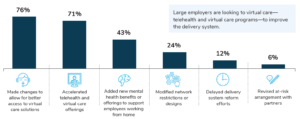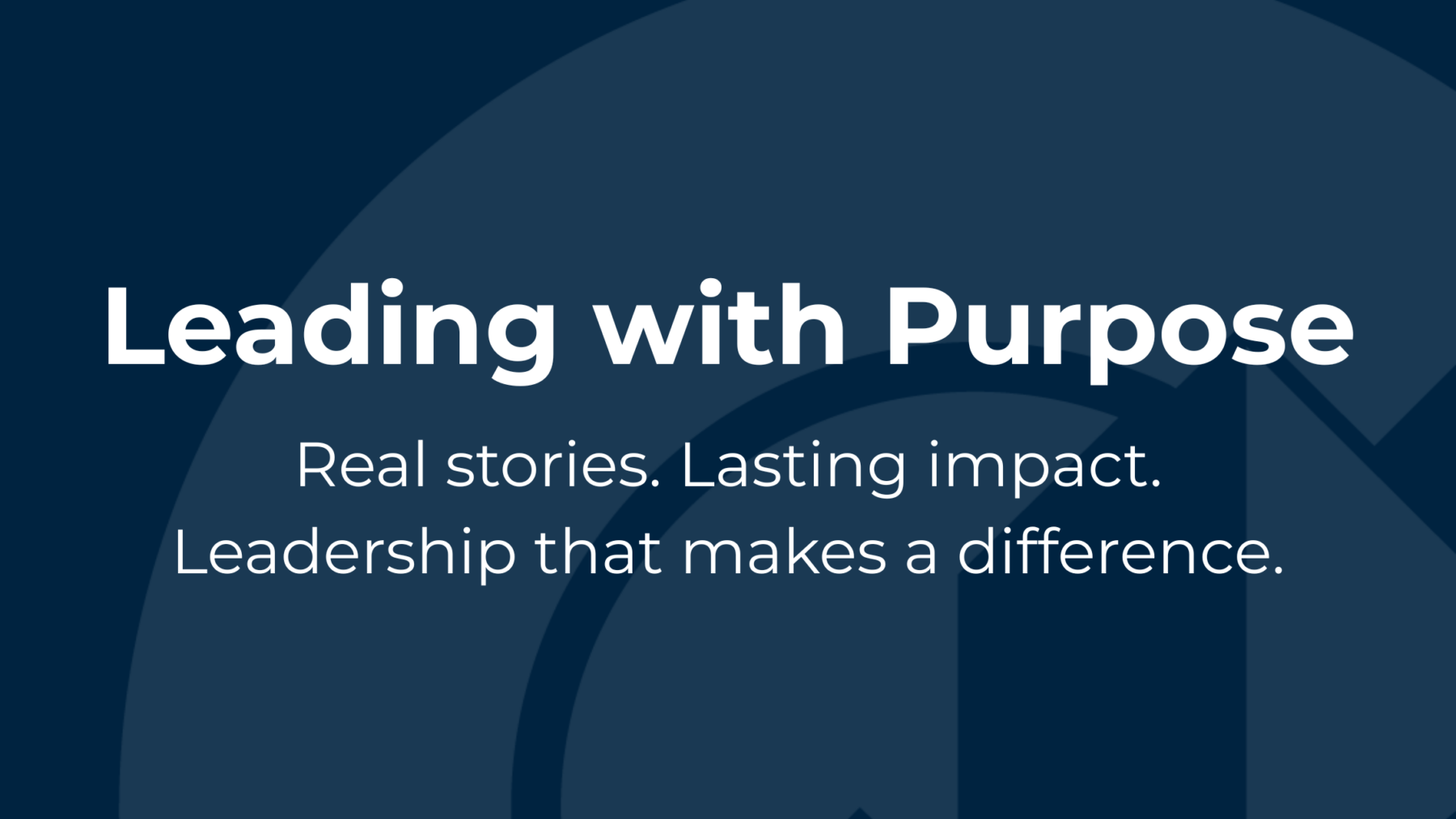Employers Seek Creative Cures for Benefit Cost Increases
Pandemic Spurs Focus on Physical and Emotional Wellness – and an Increase in Virtual Care
With costs for U.S. employer-sponsored health care benefits expected to rise by 7.3% in 2021, companies are stepping up their wellness benefits to slow down those increases, especially in the age of COVID-19. Those findings are part of Willis Towers Watson’s recently released 2021 Global Medical Trends Survey, which projected cost increases of 8.1% worldwide.
In recent years, companies have responded to spiraling health care costs by introducing wellness as a component of sponsored benefit plans. The focus on prevention – which includes everything from health risk assessments to tobacco cessation incentives – has helped to slow the rate of cost increases.
“Wellness is the top priority that organizations are addressing right now,” said Regina Ihrke, senior director and wellbeing leader for Willis Towers Watson. “Companies had already been starting to go that way, but now that priority has been pushed up so much. We expect this issue to have impact for the next several years.”
A May survey by Willis Towers Watson found that employer responses to the pandemic included enhancing health care benefits (47%) and boosting well-being programs (45%). One-third of the employers said they are tweaking paid time off and vacation days.
“We’re seeing employers put a greater emphasis on holistic wellness, including emotional health,” said Reed Smith, employee benefits practice leader of BOK Financial’s Insurance division. “Employers recognize that the current environment is very stressful for many employees, and that emotional wellness is tied to your physical health.”
Smith, who works with companies to develop strategies to improve the overall well-being of companies and their employees, cited increased use of online resources, manager trainings, anti-stigma campaigns, flexible work schedules and employee training on mental health awareness in 2020.
The pandemic has also put greater emphasis on virtual care, Smith said. He cited a recent survey of large employers by the Business Group on Health, in which 80% of surveyed companies said that telemedicine would have a significant impact on the future of health care delivery.
“And more than 50% of employers plan to implement more virtual care solutions,” he said.
As virtual care options have grown in popularity, they’ve also expanded beyond primary and urgent care needs. “Telemedicine has expanded into specialty care such as behavioral health, dermatology and second opinions,” Smith said, adding that 98% of people who have used telemedicine once say they’ll use it again.
“That will deliver better value to employees and lower costs to employers for years to come,” he said.
Employers have found creative ways to deal with the challenges created by COVID-19.
“Early in the pandemic, we realized that our employees were struggling with isolation and the stress of juggling work and parenting responsibilities,” said Kelley Weil, chief human resource officer for BOK Financial. “BOK Financial initially offered additional time off and supplemental child care reimbursements for parents facing the closure of schools and daycare.
“More recently, we’ve added pre-paid tutoring support and a technology reimbursement for employees with children in virtual or hybrid learning situations. We’ve also been talking more openly and frequently about mental wellness resources.”
With the continuing uncertainty around long-term health impacts of COVID-19, employers are likely to continue investing in holistic, integrated employee wellness programs. According to Reed, they will also be more focused on holding carriers accountable for delivering a higher-value, lower-cost health care benefit solution.
“The pre-COVID status quo in health care will put employers at a competitive disadvantage to attract and retain talent in a post-COVID world,” he said. “High-performing companies make sure their employees are engaged year-round via health and wellness incentives, cost and quality transparency tools, emotional well-being support and virtual health resources.”
For more information, please contact Reed Smith, BOK Financial Insurance, at 720-264-5332 or reed.smith@bokf.com.
How large employers have responded to COVID-19

From the Business Group on Health’s 2021 Large Employers’ Health Care Strategy and Plan Design Survey
BOK Financial is the presenting sponsor of the 2021 Business Awards.



